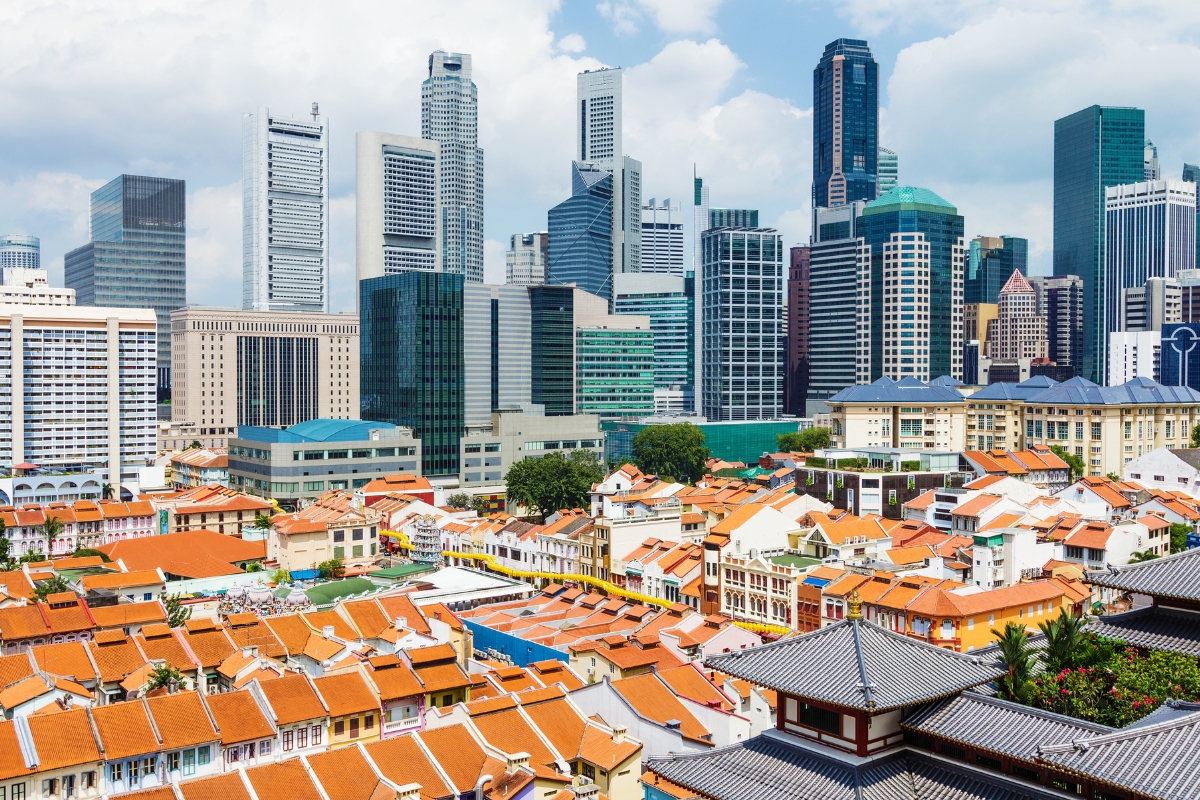Challenges of Studying Abroad in Singapore

Studying abroad in Singapore offers international students access to world-class education, a vibrant multicultural environment, and exciting career opportunities. However, like any overseas experience, it comes with its challenges. Adapting to a new culture, managing academic expectations, and handling the cost of living can all be difficult, especially for students new to the country. Here are some common challenges international students face when studying in Singapore and tips on overcoming them.
Adapting to Cultural Diversity
Singapore is famous for its rich cultural diversity, with people from various ethnic backgrounds, including Chinese, Malay, Indian, and many expatriates worldwide. While this provides a unique and enriching environment, adapting to such a diverse society can be a challenge for international students. Customs, traditions, and social norms might differ significantly from what students are used to back home.
To adjust, students should be open-minded and respectful of the various cultures they encounter. Engaging in local events and festivals, such as Chinese New Year or Deepavali, can be a great way to understand and appreciate the culture. Additionally, making friends from different backgrounds can help broaden perspectives and ease the transition.
Managing High Academic Expectations
Singapore’s education system is globally renowned for its rigor and emphasis on academic excellence. Universities like the National University of Singapore (NUS) as well as Nanyang Technological University (NTU) are consistently ranked among the top institutions in the world, which means that students are expected to perform at a high level. International students can feel overwhelmed by the pressure to meet these standards, especially if they are unfamiliar with the local academic structure or learning methods.
In order to handle this situation, students ought to make use of the academic assistance services provided by their schools, including tutoring programs, workshops, and study groups. Time management is also crucial; creating a schedule to balance coursework, assignments, and personal time will help manage the workload effectively. It’s also essential to ask for help when needed—whether from professors, classmates, or academic advisors.
Handling the High Cost of Living
Singapore is one of the most expensive cities in the world, and international students often find the cost of living a significant challenge. Managing a budget can be challenging when everyday expenses such as housing, food, and transportation start to accumulate. Adjusting to Singapore’s financial demands can be particularly tough for students from countries with lower living costs.
Students should consider affordable housing options like university dormitories or shared apartments to minimize expenses. Eating at local hawker centers can also help cut down on food costs, as they offer a variety of affordable meals. Additionally, students should use public transport discounts and consider part-time work opportunities, if their visa permits, to help ease financial pressure.
Dealing with Homesickness and Loneliness
Living in a new country, away from family and friends, can be emotionally challenging for international students. Homesickness, loneliness, and cultural shock are common feelings during the initial months of studying abroad. For some, adjusting to life in a fast-paced city like Singapore can add to these challenges, making it harder to feel settled.
Building a support network is crucial to overcoming these emotional challenges. Universities often have student support services, including counseling and international student associations, that can provide guidance and support. Joining clubs, societies, and student organizations is a great way to meet new people, make friends, and create a sense of belonging. Regular contact with family and friends back home can also help maintain emotional well-being.
Adapting to the Tropical Climate
Adjusting to Singapore’s tropical weather can be challenging for students coming from colder or less humid climates. The country has a hot and humid climate year-round, with temperatures typically ranging between 25°C and 31°C (88°F). This constant heat and humidity can be uncomfortable for those not used to it.
Students should dress in light, breathable clothing to cope with the climate and always stay hydrated. It’s also a good idea to take breaks indoors during the hottest parts of the day, as Singapore’s buildings, malls, and public transportation are well-air-conditioned. With time, most students adapt to the tropical weather and find ways to enjoy outdoor activities despite the heat.
Conclusion
Studying abroad in Singapore presents international students with unique challenges, from adapting to cultural diversity and academic pressures to managing living costs and dealing with homesickness. Budget can be hard to manage such as daily costs like housing, food, and transportation add up. By embracing the diverse environment, seeking academic support, managing finances wisely, and building a support network, students can make the most of their time in Singapore and have a rewarding educational experience.
RECENT POSTS




The Journey of Studying Abroad in Singapore

Challenges of Studying Abroad in Singapore

Tips for Studying Abroad in Singapore

